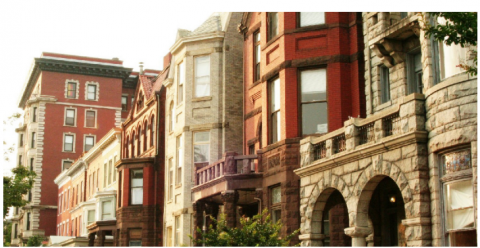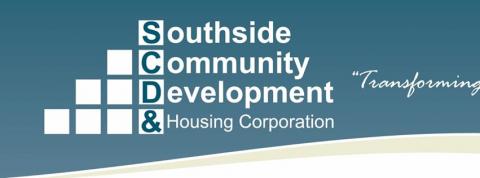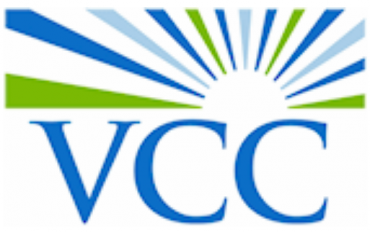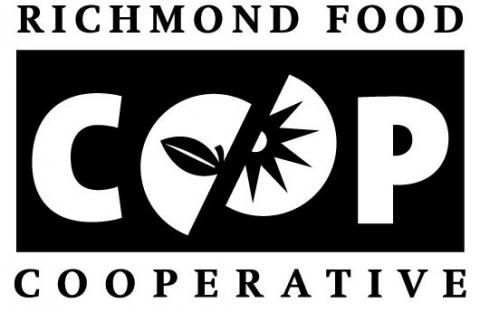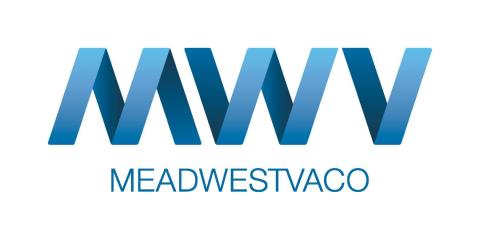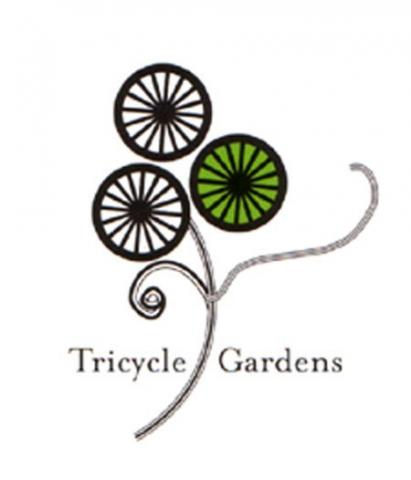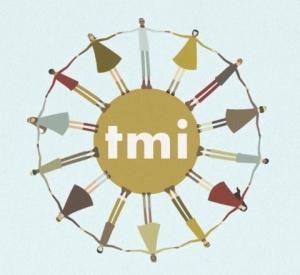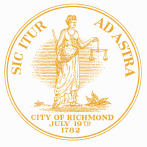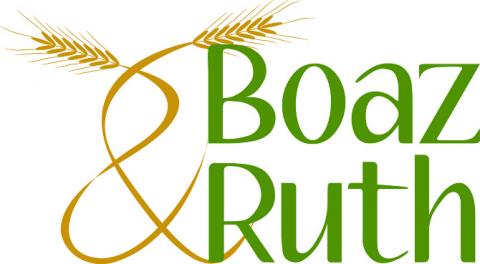Posted March 2014
A blend of old and new, Richmond, Virginia is a cultural, financial, and business center for the south. With a population of just over 210,000, the state capital is the fourth largest city in the Commonwealth of Virginia. According to the 2010 U.S. Census, the city is roughly 50 percent African American, 40 percent white, and a little over 6 percent Latino, with the remainder Asian, American Indian, or other.
The former capital of the Confederacy and a former major slave trade port, Richmond still suffers from deep racial divisions. In the 1950s, many whites fled to the suburbs, depleting the city’s tax base. Highway construction displaced blacks, who then moved into white neighborhoods, which further exacerbated white flight and the loss of tax revenue. Later, as middle class blacks followed middle class whites to the suburbs, poverty increased. Today, 35 percent of Richmond households earn less than $25,000 a year, 40 percent spend over a third of their income on housing, and about a quarter of the population lives in poverty, compared to 21 percent in 1990 and 11 percent in 1973. Poverty becomes more prevalent as one travels from the western to the eastern part of the city. Blacks are two and a half times as likely as whites to live under the poverty line. Seventy percent of the region's poorest communities are located within ten minutes of City Hall and the State Capitol. While the median income in Richmond’s metropolitan area exceeds $55,000, in the city it is less than $35,000.
Yet although Richmond has a history marked by its Confederate past, there is a powerful counter-narrative too. Richmond was the first city to host a bank chartered by African- Americans and the city’s Jackson Ward neighborhood was once revered as the Harlem of the South. Richmond is also the birthplace and home of Douglas Wilder, the first African- American to be elected governor of Virginia and the first African-American governor of any state since Reconstruction.
In 2013, Mayor Dwight Jones established the Maggie L. Walker Initiative for Expanding Opportunity and Fighting Poverty and the Anti-Poverty Commission, made up of community advocates, academics, business representatives, and other stakeholders. The Commission has developed recommendations to promote equity and social justice. This effort is just part of a growing network of organizations similarly committed to building community wealth.
New cooperatives like Richmond’s Bicycle Cooperative and the Richmond Food Co-op foster job skills development. Since 1999, the city’s Neighborhoods in Bloom program—operated in partnership with the Virginia LISC (Local Initiatives Support Corporation)—which buys vacant houses and rehabs them for new residents, has received national recognition. Financial literacy is also increasing with innovative programs like Shalom Farm’s youth-run farmer’s market and New Generations Credit Union’s student-run branch. Large-scale neighborhood projects are also promising, such as the East End Transformation where, in addition to real estate investment, the neighborhood is seeing investment in the community through Bon Secours Richmond Health System’s business plan awards program, which supports East End entrepreneurs.
An overview of these and other community wealth building efforts follows:
